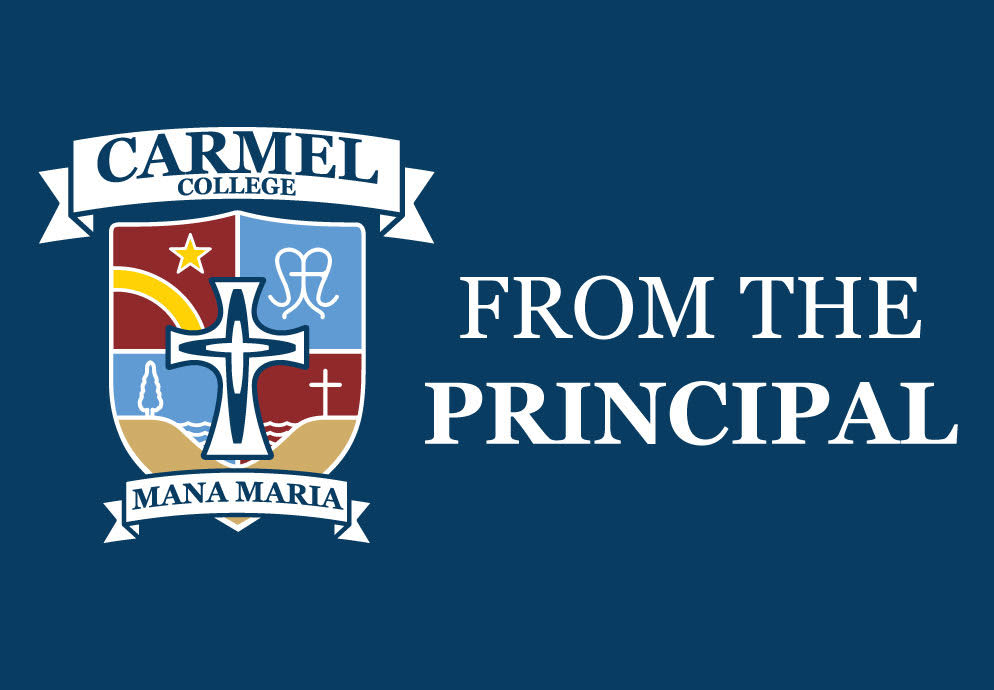Tena koutou katoa. Nga mihi nui atawhai.
‘Emotions are the primary gatekeeper to learning. Emotion and cognition operate seamlessly in the brain to guide learning.’ The nature of learning’ edited by H. Dumont, D. Istance and F. Benavides.
This is one of the key readings for the group of staff who are researching ways to ‘reimagine our Year 7-10 curriculum’. What has been fascinating for me in this research is the rapid advances that have been made in neuroscience to help us better understand how students learn and, therefore, how we can better prepare these students for their future.
The reading above focuses on the 7 principles of learning. Principle Number Three is about how important emotions are in how we learn. Positive beliefs about oneself as a learner in general, and in a particular subject, represent a key component for deep understanding. Therefore, if a student believes that they are ‘no good’ at Maths, this is likely to have a negative impact on their ability to learn Maths. If someone close to the student empathises with them and states that they too were ‘no good’ at Maths, the student will be less likely to persevere and improve their mathematical abilities. A more positive approach would be to use the growth mindset and add ‘yet’ to the statement: ‘I am no good at Maths yet. And I am working on some new strategies to improve my understanding’.
Along with emotion, motivation is entwined with cognition. ‘Students are more motivated to engage in learning when they value the subject and have a clear sense of purpose’. As a parent, I know that when each of my teenagers got to the age when they could gain a driver’s licence, they were highly motivated and therefore engaged in any learning required to gain their licence. Knowing our learners, their interests and passions and then providing connections and relevance to their classroom learning can have a very positive effect on the depth of engagement and understanding.
This article concludes that ‘the curricular, learning experiences and overall environment, must be centred on fostering the skills and mindset of self-directed lifelong learning, with 21st century competencies, strategically interwoven through the learning experiences’.
Link to summary reading of 7 Principles of Learning
This is the work that a core group of staff are currently engaged in to provide that best learning opportunities for all our learners.
‘The capacity to learn is a gift; the ability to learn is a skill; the willingness to learn is a choice’. Brian Herbert.


